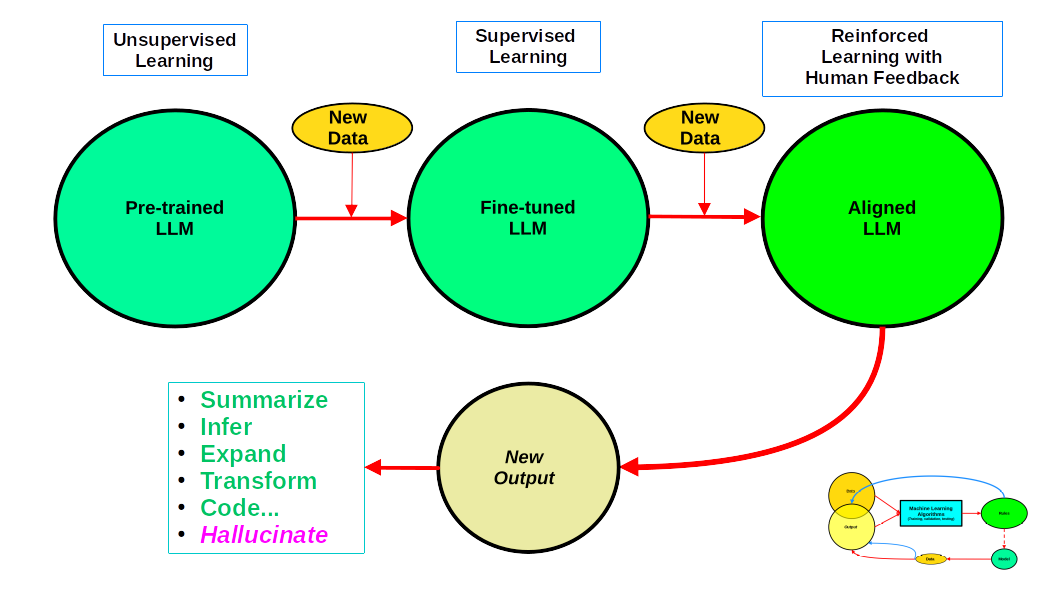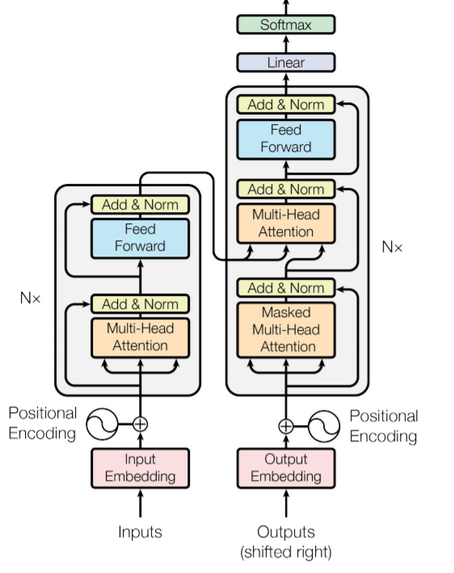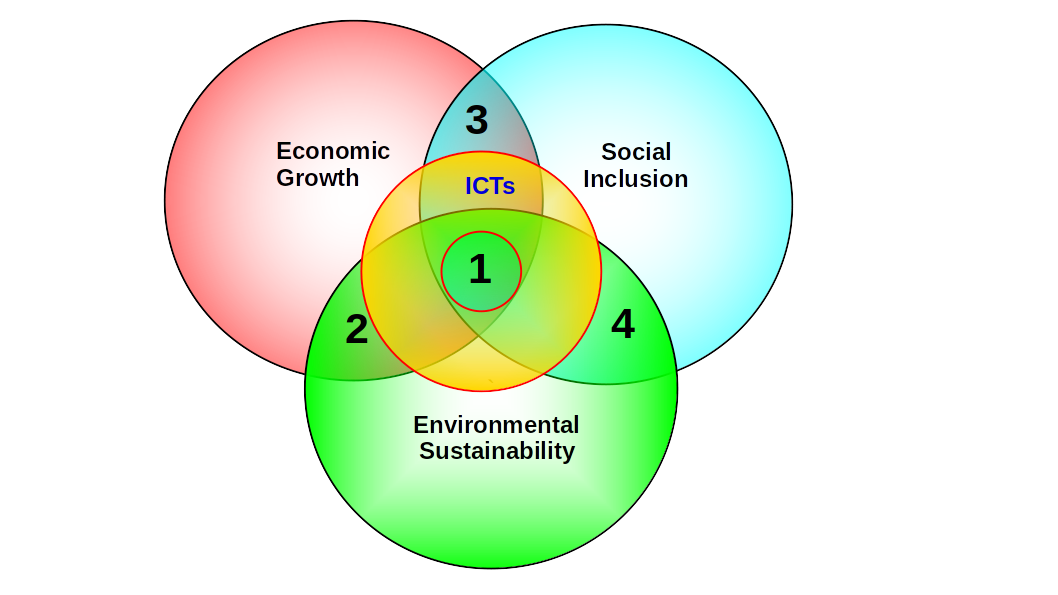Category: ICTD
-

AI Disinformation – II
AI’s astounding evolution over the last decade has been nothing short of spectacular, pace doomers. It has undoubtedly exceeded most expectations, bringing numerous benefits and generating new challenges and risks. The latter is crucial to understand, as AI has a bipolar personality. It is indeed friend and foe. It all depends on how humans (ab)use…
-

AI Disinformation – I
The idea of a technological singularity has been around for over 60 years. While initially confined to closed circles of experts, it has been gaining ground in the race to the future, which, according to its core tenets, will be devastating for us, poor dumb humans. I probably first heard about it in the early…
-

Organized Disinformation – II
Bubble inhabitants live in a world surrounded by an invisible yet effective firewall that protects them from allegedly vicious external sources, disinformation included. In such a paradise, harm is almost always pushed back if it attempts to cross it. And bliss emerges in a world of subtle, ample ignorance. While many might know they live…
-

Organized Disinformation – I
I still remember the phone number of the line my parents somehow managed to get installed in their first-owned house, a three-story dwelling my father, a civil engineer, helped design and build for a family of seven. It had six digits, which seemed like one too many. When asked, my father said the reason was…
-

More on AI Programming
In the coldhearted realm of disinformation, deepfakes seem to reign supreme, bullying all others around along the way. The fact that they have multiple personalities makes them even more insidious. Voice, text, images, and video content are among the most common, with combinations among them a frequent occurrence. Lip-syncing the voice of a targeted person…
-

Internet Metaphors in Practice – II
A couple of years later, I installed our first Wi-Fi router, allowing us to connect our laptops to the network from almost any point in the house. But wireless connection speeds were limited to 11 Mbps while the good old ethernet wire could do 100 Mbps. Not even close. Wired connections were not only faster…
-

Internet Metaphors in Practice – I
The first time I ever bought something over the Internet was in 1994. And it was not from Amazon, but from a now long-gone company called CDNow. As its name suggests, its core business was selling CDs online. Interestingly, one could also access the site via telnet which was not very user-friendly, certainly not for…
-

The Real Structures Sustaining the Cyberspace Imaginary – II
History Matters Following the historical evolution of the Internet and Cyberspace sheds light on the origins of the “superhighway” and “virtual” metaphors, depicted in the first part of this post. Useful summaries from a pure infrastructural perspective are available from the NFS and UCSD, the latter furnishing cool schematic diagrams of the overall network architecture.…
-

The Real Structures Sustaining the Cyberspace Imaginary – I
Recreating the Imaginary If I were to ask another human being (not ChatGPT) for directions to Cyberspace, most would probably think I was joking. Others might consider me an imbecile or conclude I must be flying high on drugs. Finally, a selected few might quickly flash their super smartphones and try to explain in the…
-

AI’s Seemingly Elusive Infrastructure – II
Undoubtedly, the infrastructure requirements for producing the 2020 175-billion-parameter GPT-3 model are hefty by most standards. But, of course, that just means that competitors now striving to generate their own creatures in the same genre must have access to similar infrastructure—not to mention talent. And we can count their number with our fingers; sophisticated data…
-

AI’s Seemingly Elusive Infrastructure – I
ChatGPT’s sudden, and arguably premature, success has once again exposed the usually overlooked link between so-called “virtual” digital technologies and very tangible infrastructure. Indeed, early adopters of the latest incarnation of GTP-3-based bots directly experienced repeated network and login failures. That happened a few times in December when I started playing with the newly launched…
-

Best Films – 2022
I read somewhere that 2022 was an excellent year for filmmaking. After all, the pandemic has become endemic (learn to live with it, no matter what). And previous virus constraints have now evaporated. Back to 2019, so to speak. Almost. Maybe I am slowing down or something, but I have to disagree with such a…
-

How Green is AI?
Playing Games My father taught me how to play chess when I was nine years old or thereabouts. He played his fair share of games while he was studying engineering. He told me that a few of his classmates quit thanks to their chess obsession, an example I should not follow. Not a smart move,…
-

ICTs and Emissions – V
Walking Around the Main Gallery Unlike its basement, the abode’s main gallery is noisy, crowded and chaotic, offering a maze-like layout we need to navigate safely. Indeed, one can easily get lost, and while checking in is pretty simple, finding one of the exit doors is undoubtedly far more elaborate. Thus, we must stand on…
-

Digital Technologies and Sustainable Development: The Missing Link
Context Nowadays, digital technologies occupy most of the interstices of society. While the global pandemic exposed glaring gaps, especially in developing countries, avoiding their mantra seems torturous. Undoubtedly, their rapid diffusion in the last 30 years is historical (Comin & Mestieri, 2018). However, once touted as unstoppable drivers for social change, many now perceive modern…